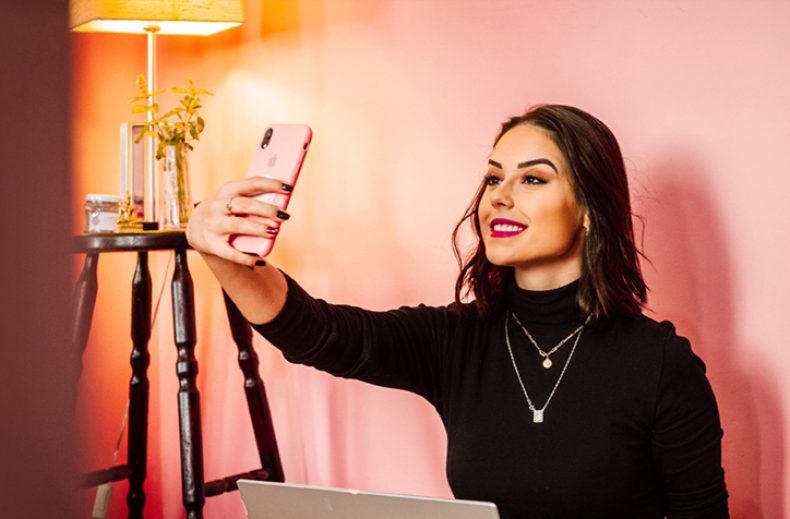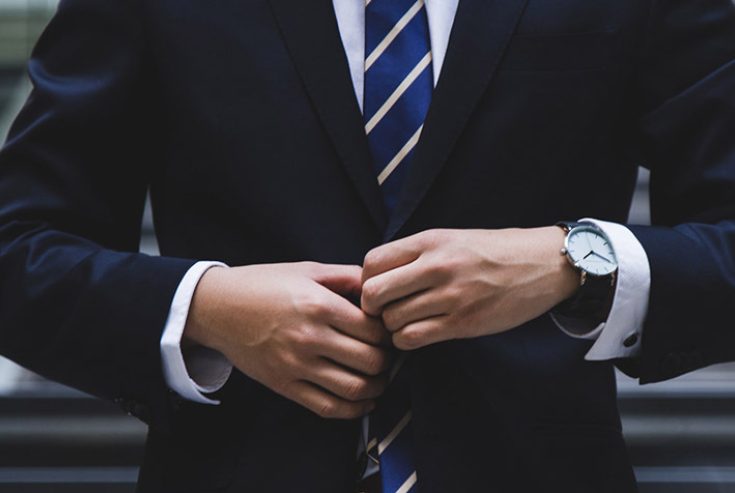Whether you are a business seeking to engage an individual in the public domain or a social media influencer or celebrity that has been approached to work with a brand in advertising their products, Jonathan Masucci, senior associate solicitor, offers advice on the common pitfalls to avoid when entering into a Celebrity Endorsement/Influencer Agreement.
In a previous article “Social Media Influencers: Contracts And Brand Agreements”, we looked at what an “influencer” is, together with the benefits of putting in place formal contracts such as Social Media Brand Ambassador/Influencer Agreements. We also mentioned other possible ways to structure Influencer/Brand Owner relationships. In this article, we’ll take a closer look at what some of the common pitfalls are for brands and influencers alike and how they can arise not only over the course of contractual negotiations but the ongoing commercial relationship between the parties. We’ll also providing some insight into how these key issues can be addressed or avoided altogether.
Who owns what rights?
This is perhaps the most common issue that arises when brands are seeking to engage influencers for advertising campaigns. From the brand’s perspective, they are engaging an influencer to produce content for them. As a result, it seems reasonable for the influencer to assign the rights of ownership in the commissioned content over to the brand. By comparison, the influencer’s image, style, likeness, personal branding etc. goes into the content they create, so why should they assign such rights of ownership over to a brand?
The answer is that there are essentially two sets of rights at play, the first being the rights in the content and the second being the influencer’s image rights. Such matters will always come down to the particular commercial arrangements and bargaining power of the parties but the generally accepted middle ground, is that a brand should only really have the right to own the content they have paid to be created as well as being granted a licence to use the influencer’s image over the course of a campaign. By comparison, the influencer should retain ownership of their image rights but not necessarily over the content they have been paid to create. Deviating from this position can have undesirable consequences. For instance, a brand that does not own the content it has paid to create, may find posts and videos being used outside of their original intended purpose or in a way that is not aligned with the goals and target audience of the brand. Similarly, an influencer that agrees to the transfer of their image rights, could find themselves in a position where they don’t have control over how their image is used. This could lead to a post being changed or their image being used in a way they hadn’t originally intended (for anyone that has ever seen Friends, the poster of Joey in the subway is a classic example of this. If you know, you know!).
Existing projects with competing brands
Influencer marketing is a fluid business and in general, it is difficult for brands to restrict influencers from engaging similar and competing brands altogether. If a brand is particularly concerned about where their campaign will sit in amongst an influencer’s other campaigns and when the content will be produced and uploaded, drafting obligations that require the influencer to keep the brand informed of their availability to provide the content over the campaign period and not engaging/posting for competing brands within a certain period of time, can help to ensure the content a brand is paying for gets the required prominence on the influencer’s social media page.
Influencer's actions
Instant access to an influencer’s dedicated and potentially global audience is not without risks. Check out YouTuber Pewdiepie’s page and you’ll come across an entire video dedicated to YouTuber/Influencer apology videos. The simple fact is that an error of judgement on an influencer’s part, that makes its way into the public domain, can have serious and damaging consequences for the influencer and any brands that have engaged them.
For a brand, depending on the seriousness of the influencer’s actions, it is essential to have the ability to completely cut ties with an influencer if the continuing commercial relationship will damage its reputation. This will often be contractually addressed by the brand having an immediate right to terminate the agreement for material breach, along with being able to terminate the agreement in its absolute discretion, after a certain period of notice.
A brand can also protect itself elsewhere within the agreement by, for example, requiring the influencer to warrant they have no criminal convictions or obliging them to pass on any reports of complaints to the brand. An approval mechanism for posting of content can also go quite far in reducing the risk of an influencer posting damaging content about their brand but remember, this won’t be much use in terms of the wider content posted by influencers that fall outside of the scope of a campaign with a particular brand.
The final practical point in this section applies equally to both brands and influencers alike and that is, do your due diligence on the other party at the outset, as this will enable you to decide whether the commercial relationship is worth pursuing. Brands should check previous content and whether any complaints have been made about the influencer and likewise, the influencer should check what obligations and warranties are required from them when posting content, together with whether the brand is right for their audience.
Payment for services where campaigns are cancelled
There’s no doubt that being an influencer can certainly be a lucrative business. Even at the micro-influencer end of the spectrum (i.e. an individual who has between 10,000 and 50,000 followers on social media), the sums paid by a brand for influencer advertising can be significant. That said, in the writer’s experience, what happens in terms of payment in the event a campaign is cancelled, is all too often and surprisingly overlooked. Clear payment terms and what is payable in the event of a campaign cancellation need to be carefully considered. From a brand’s point of view, they need to be mindful when commissioning an influencer to provide the services of producing content, that payment obligations are triggered once the content has been produced, approved and posted. Likewise, from an influencer’s perspective, they need to ensure the precise trigger for payment is clearly set out and they are not left chasing for payment over services they have provided because they’ve agreed to payment at the end of a campaign that ends up being cancelled part way through, due to no fault of their own. Again, this will often come down to the bargaining power of the parties but consider the following real life example:
Having been informed of the existence of an infamous influencer agreement that required a brand to pay an influencer an eye watering six figure sum despite the fact the campaign was cancelled, at first it seemed somewhat baffling how such a state of affairs could arise. After digging a little deeper, it transpired there was a key matter that had been overlooked from the brand’s point of view in their eagerness to contract with a global “mega influencer” and in terms of their unintended consequences. The brand had agreed to pay the influencer to produce content but had overlooked the fact the influencer had set out that payment in full (i.e. for all content required over the course of a rather lengthy campaign) would be payable as compensation in the event the brand terminated the arrangement through no fault of the influencer’s. You can see how this ended up going… and it was certainly an expensive lesson for the brand to learn that could have been avoided, had they considered the payment obligations more closely and what happens if a campaign doesn’t proceed.
Whether you are a business seeking to engage an individual in the public domain in order to promote a particular product brand, a social media influencer or celebrity that has been approached to work with a brand in advertising their products and require advice on how best to proceed with the commercial relationship,
Please do not hesitate to contact our Commercial Law experts Caroline Armitage and Jonathan Masucci, with any questions or queries you might have.





















